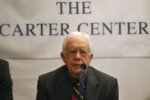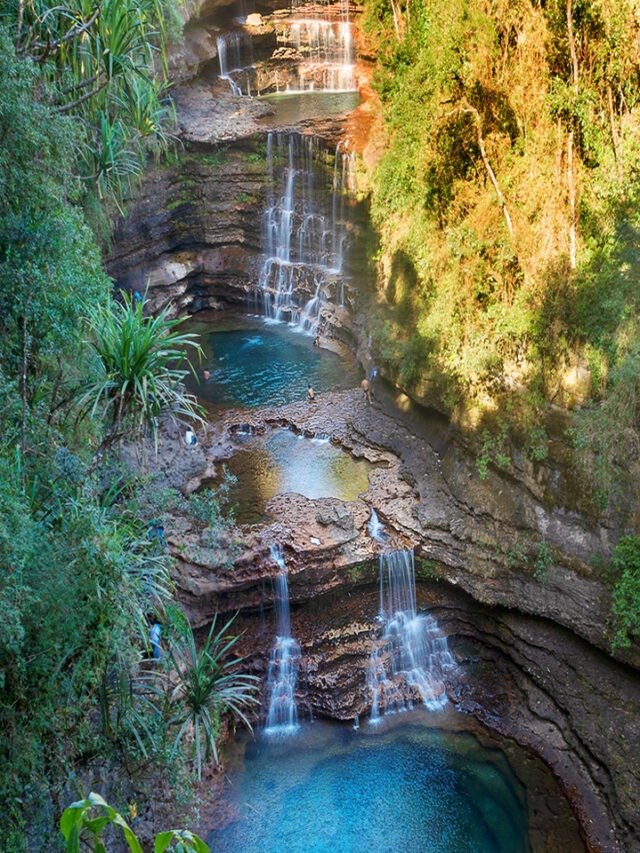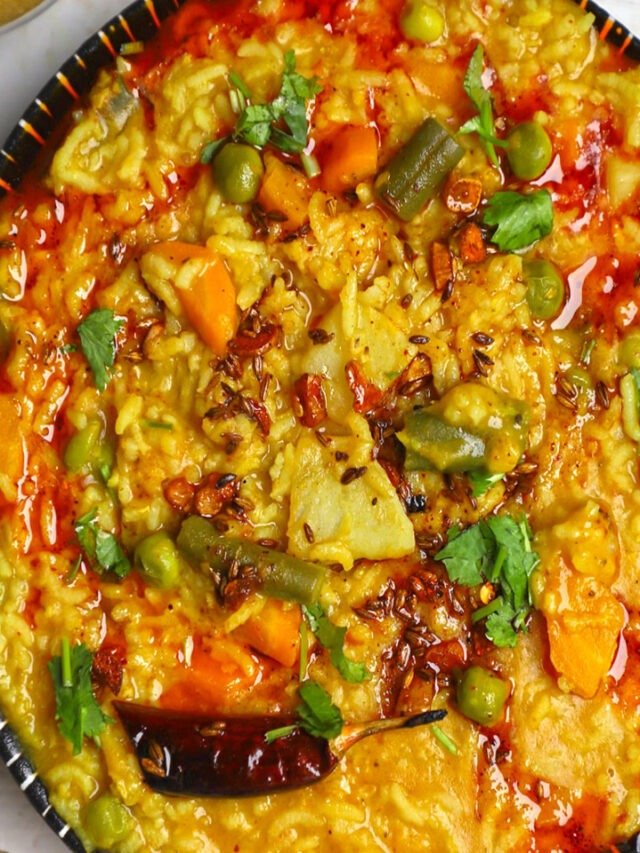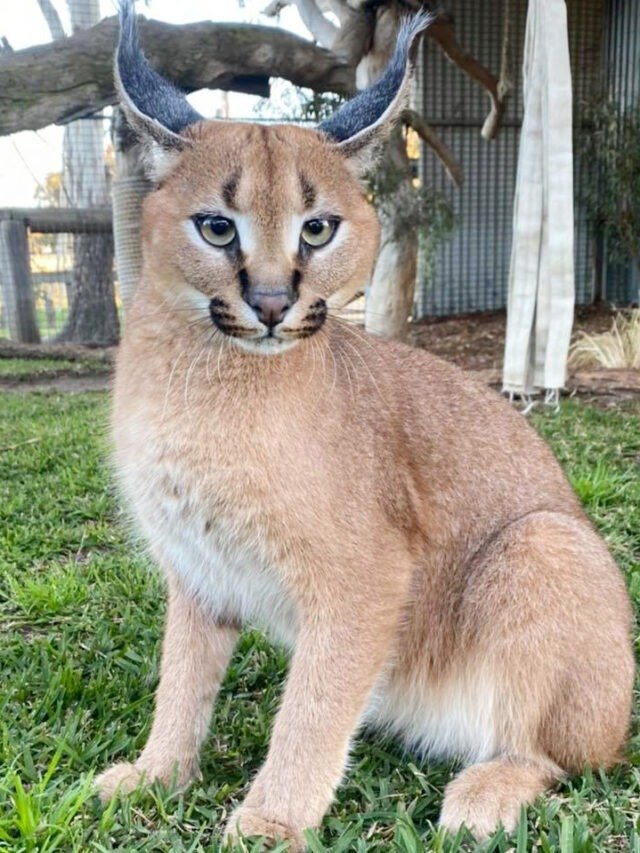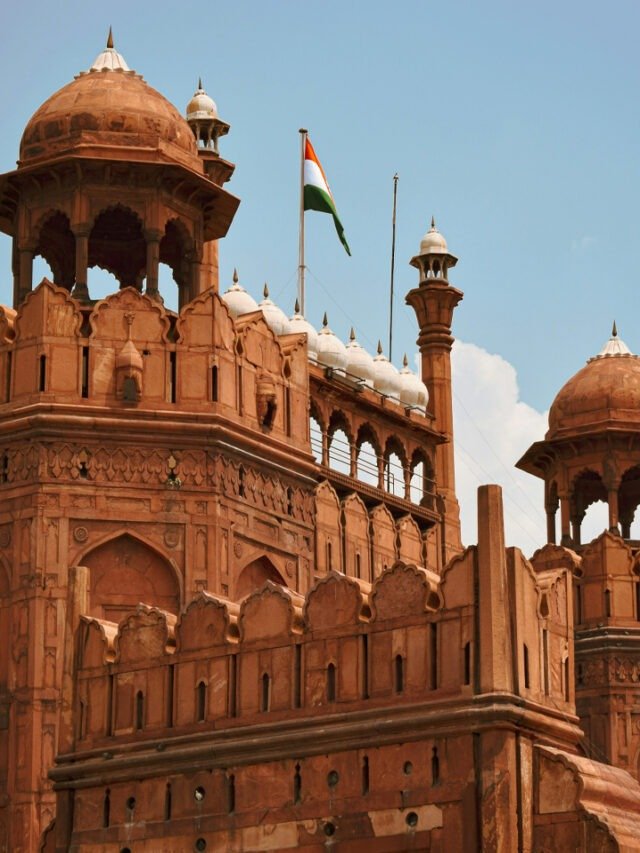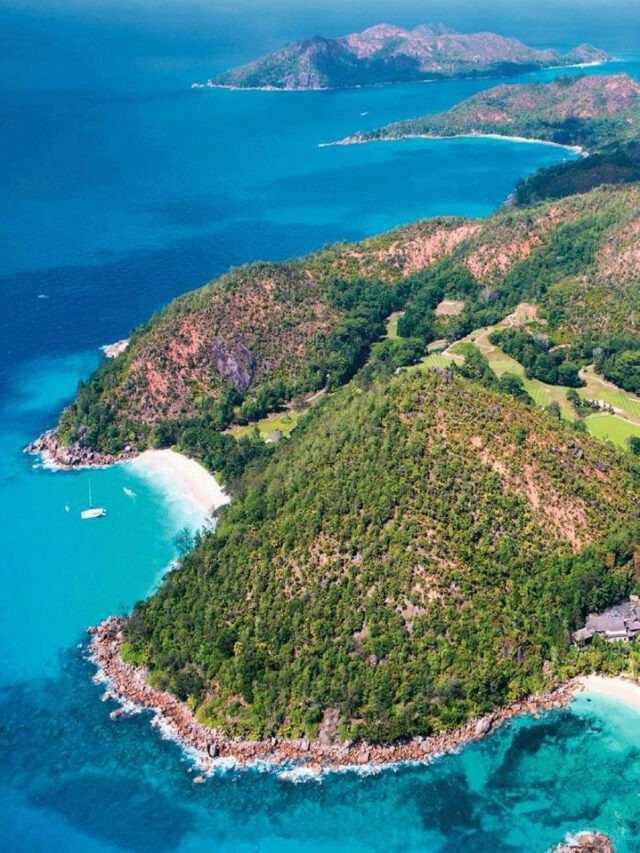ABUJA, Feb 25 (AP): Voters in Nigeria cast ballots on Saturday to choose a new president as Africa’s most populous nation struggles with a bank note shortage that some observers fear will result in a lower than expected turnout.
The presidential and parliamentary elections come amid fears of violence, from Islamic militants in the north to separatists in the south, though officials said the vote would not be postponed as the last two presidential elections were.
Voting started late in some states Saturday where electoral officials did not arrive on time to polling stations. Internet connectivity issues at one polling station in the northeast made it impossible for election officials to verify voter’s identities.
Incumbent President Muhammadu Buhari, who is stepping down after two four-year terms, called for calm after casting his vote in Daura in the northwestern Katsina state. He also warned against intimidation of voters.
“Nigerians should make sure they are being respected; that the candidate they want to vote for, they are allowed to vote for him,” Buhari said.
Out of the field of 18 presidential candidates, three front-runners have emerged in recent weeks to replace Buhari: the ruling party candidate, the main opposition party candidate and a third party challenger who has drawn strong support from younger voters grappling with a 33% unemployment rate.
But whether those supporters would show up in force at the polling stations remained unclear as Nigerians have waited hours in line at banks across the country this past week in search of money.
Kingsley Emmanuel, 34, a civil engineer, said the cash scarcity was a real obstacle for many Nigerians.
“They don’t have the cash to pay for a commercial vehicle and most of them don’t accept (money) transfer,” he said from a polling station in the city of Yola in Yola city in Adamawa state. “So it is very difficult for them to access their polling unit.”
The vote is being carefully watched as Nigeria is Africa’s largest economy and one of the continent’s top oil producers. By 2050, the U.N. estimates that Nigeria will tie with the United States as the third most populous nation in the world after India and China.
It is also home to one of the largest youth populations in the world: About 64 million of its 210 million people are between the ages of 18 and 35, with a median age of only 18.
Favour Ben, 29, who owns a food business in the capital, Abuja, said she was was backing third-party candidate Peter Obi.
“Obi knows what Nigerians need,” she said. “He knows what is actually disturbing us and I believe he knows how to tackle it.”
Buhari’s tenure was marked by concerns about his ailing health and frequent trips abroad for medical treatment. Two of the top candidates are in their 70s and both have been in Nigerian politics since 1999.
By contrast, at 61, Obi of the Labour party is the youngest of the front-runners and had surged in the polls in the weeks leading up to Saturday’s vote.



